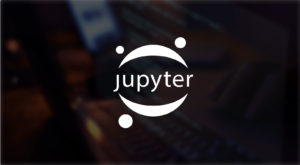
GenAI from a practical point of view
In recent years, Generative AI (GenAI) has progressed at an incredible pace. What once seemed out of reach for all but the biggest companies is now available to mid-sized businesses with just a few clicks. Large Language Models (LLMs) have become commoditized, meaning they are affordable, easy to access, and intuitive to use. With a simple setup—an LLM connected to an API, combined with a Retrieval-Augmented Generation (RAG) system and a user-friendly interface means that your company can get started on AI-driven solutions with minimal technical effort.








